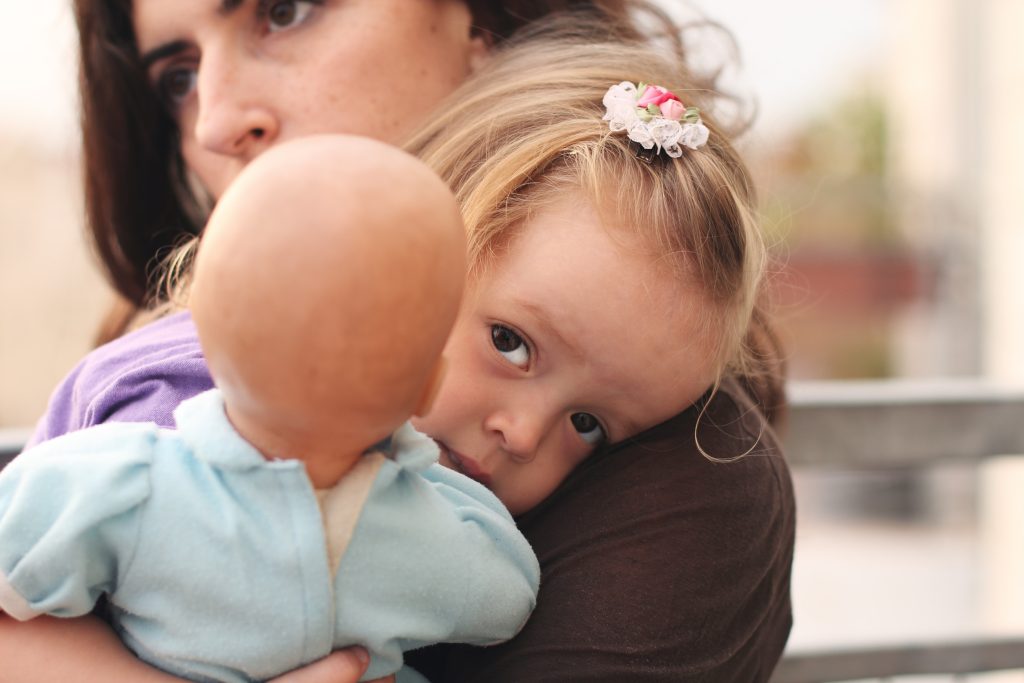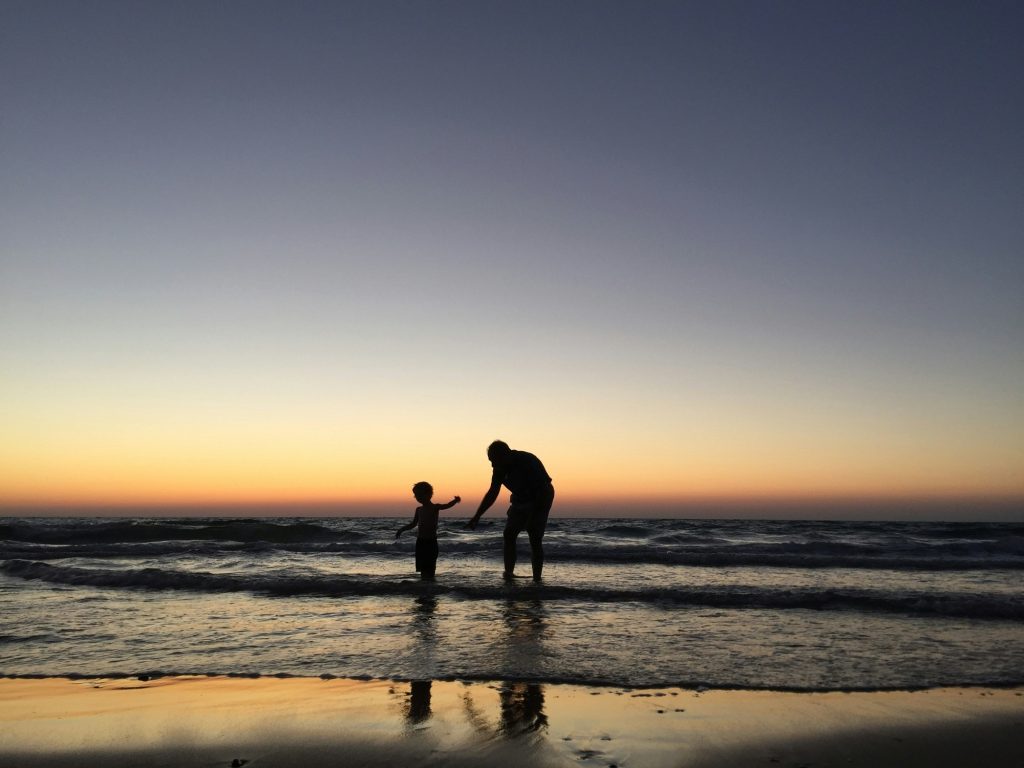
Parenting has always come with challenges, but in today’s world of constant comparison, curated social media feeds, and unrelenting pressure to “do it all,” many parents are setting themselves up to fail. The truth is, much of the stress we feel isn’t caused by the kids—it’s caused by the unreasonable demands modern parents put on themselves. Whether it’s trying to be the perfect parent, maintain a spotless home, or prepare organic, Pinterest-worthy meals daily, these expectations are exhausting. And most of the time, they’re not even necessary. If you’ve been feeling overwhelmed, it may be time to rethink what you really need to be a great parent.
1. Being Present 100% of the Time
One of the biggest unreasonable demands modern parents put on themselves is the idea that they must be fully present every moment their child is awake. Whether it’s playing on the floor, narrating every chore, or responding to every question with boundless enthusiasm, the expectation is unsustainable. Parents need breaks, and it’s perfectly healthy for children to entertain themselves sometimes. Kids don’t benefit from having a parent who is mentally or physically burned out. Quality time matters more than constant availability.
2. Cooking Perfect Meals Every Night
With food bloggers and kid-friendly recipe influencers flooding your feed, it’s easy to feel guilty when dinner comes from a box or drive-thru. But trying to prepare healthy, home-cooked meals every single night is one of the unreasonable demands modern parents put on themselves. Life is busy, and dinner doesn’t have to look like a magazine spread to nourish your child. Quick, simple, and even semi-homemade meals are more than fine. What matters most is feeding your family with love—not perfection.
3. Keeping a Spotless House With Kids Around
Somehow, modern parents have adopted the belief that having children doesn’t excuse a mess. But expecting your home to look “Instagram ready” 24/7 while also raising small humans is unrealistic and stressful. This is one of those unreasonable demands modern parents put on themselves that steals both time and peace. A clean-enough house where kids are safe and cared for should be the goal. If the laundry waits an extra day or toys are scattered around, that’s okay.
4. Excelling at Both Career and Parenting Without Help
Today’s parents are often expected to be high-achievers at work and fully engaged caregivers at home, as if neither role deserves to be compromised. Trying to do both perfectly is one of the most common unreasonable demands modern parents put on themselves. Something has to give, and that doesn’t mean failure—it means prioritizing. Asking for help, whether it’s from a partner, a friend, or a sitter, is a strength, not a weakness. You weren’t meant to do this alone.
5. Attending Every Event, Practice, and Performance
There’s nothing wrong with supporting your child’s activities, but trying to show up to every single event without exception is exhausting. Many parents feel like if they miss one soccer game or school concert, they’re letting their child down. But this is another one of those unreasonable demands modern parents put on themselves that adds guilt without much reward. What children need is love, encouragement, and presence when it counts—not a perfect attendance record. Missing a few events doesn’t make you a bad parent.
6. Constantly Enriching Your Child’s Development
Between music lessons, STEM kits, flashcards, and developmental milestones, parents feel pressured to optimize every moment of childhood. But overloading yourself with enrichment activities is one of the most unnecessary and unreasonable demands modern parents put on themselves. Kids thrive through simple play, connection, and time to explore on their own. You don’t have to be your child’s full-time teacher, coach, and therapist. Sometimes, the best growth happens when you step back.
7. Always Staying Calm and Patient
While patience is a valuable parenting tool, expecting to be calm and collected all the time is simply unrealistic. One of the most emotionally draining unreasonable demands modern parents put on themselves is the idea that any frustration or anger is a failure. Everyone loses their temper sometimes—especially when they’re sleep-deprived, stressed, or overwhelmed. What matters is how you handle those moments and whether you model accountability and self-regulation. Kids learn as much from apologies as they do from calm reactions.
Letting Go Can Be the Greatest Gift You Give Yourself
You don’t have to do everything, be everything, or fix everything to be a good parent. In fact, letting go of some of the unreasonable demands modern parents put on themselves is the key to feeling more confident and more connected to your child. Parenting is already hard—don’t make it harder by chasing perfection. Give yourself permission to breathe, be human, and do the best you can with the resources you have. Your child doesn’t need a flawless parent. They just need you.
Which unrealistic parenting expectations have you let go of—or wish you could? Share your experience in the comments and connect with others in the same boat.
Read More:
7 Unorthodox Parenting Methods That Actually Work
The Silent Grief of Kids With Incarcerated Parents
Catherine is a tech-savvy writer who has focused on the personal finance space for more than eight years. She has a Bachelor’s in Information Technology and enjoys showcasing how tech can simplify everyday personal finance tasks like budgeting, spending tracking, and planning for the future. Additionally, she’s explored the ins and outs of the world of side hustles and loves to share what she’s learned along the way. When she’s not working, you can find her relaxing at home in the Pacific Northwest with her two cats or enjoying a cup of coffee at her neighborhood cafe.






